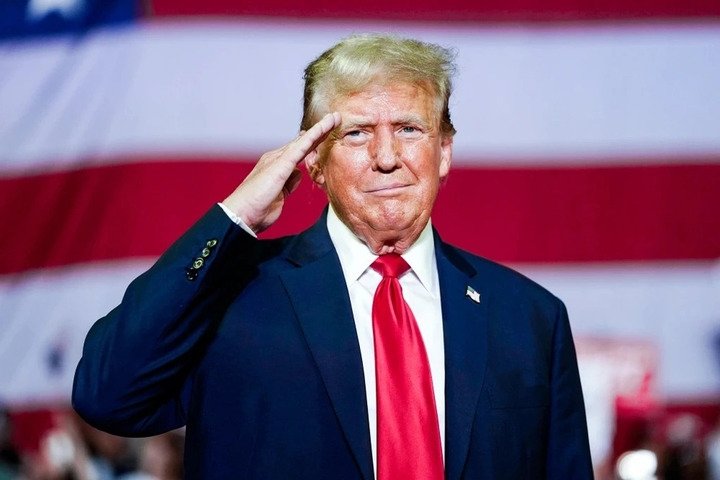In a bold display of military might, the United States has announced that it has carried out strikes on over 800 Houthi targets in just over a month. This aggressive campaign marks one of the most sustained periods of military action against the Houthis, a rebel group based in Yemen, and signals a significant escalation in US involvement in the Middle East conflict. The announcement has drawn attention from global leaders, military analysts, and human rights organizations, raising questions about the broader implications for regional stability and international security.
## Background: Who Are the Houthis?
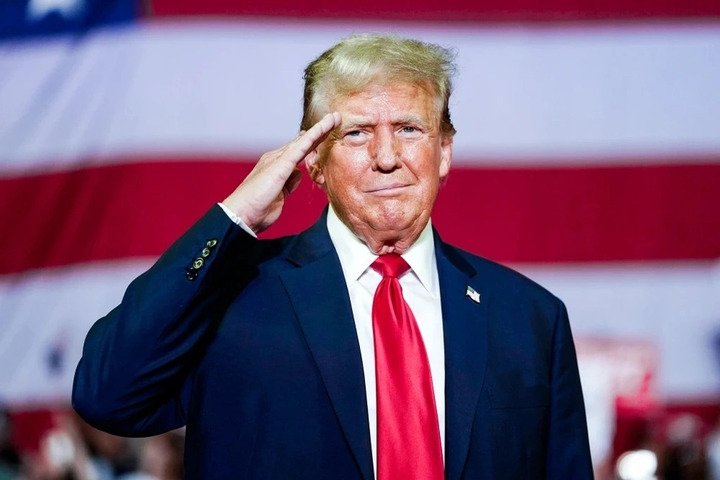
The Houthis, formally known as Ansar Allah, are a political and armed movement that emerged from Yemen’s Zaidi Shia Muslim minority. Over the past two decades, they have evolved into a formidable force, controlling large swaths of territory in Yemen, including the capital city of Sanaa. Backed by Iran, the Houthis have been locked in a brutal civil war against the Yemeni government and a Saudi-led coalition. Their tactics, including missile and drone attacks on neighboring countries and commercial vessels, have increasingly drawn international condemnation.
## Escalation of Houthi Attacks
The latest surge in US military strikes comes in response to a noticeable escalation in Houthi attacks. Over recent months, the Houthis have intensified their missile and drone assaults on critical infrastructure and maritime shipping routes, particularly in the Red Sea and Gulf of Aden. These actions have threatened global commerce and regional security, prompting the US to act more decisively. US officials cited the need to protect freedom of navigation and ensure the safety of American and allied interests in the region.
## Scope of the Military Campaign
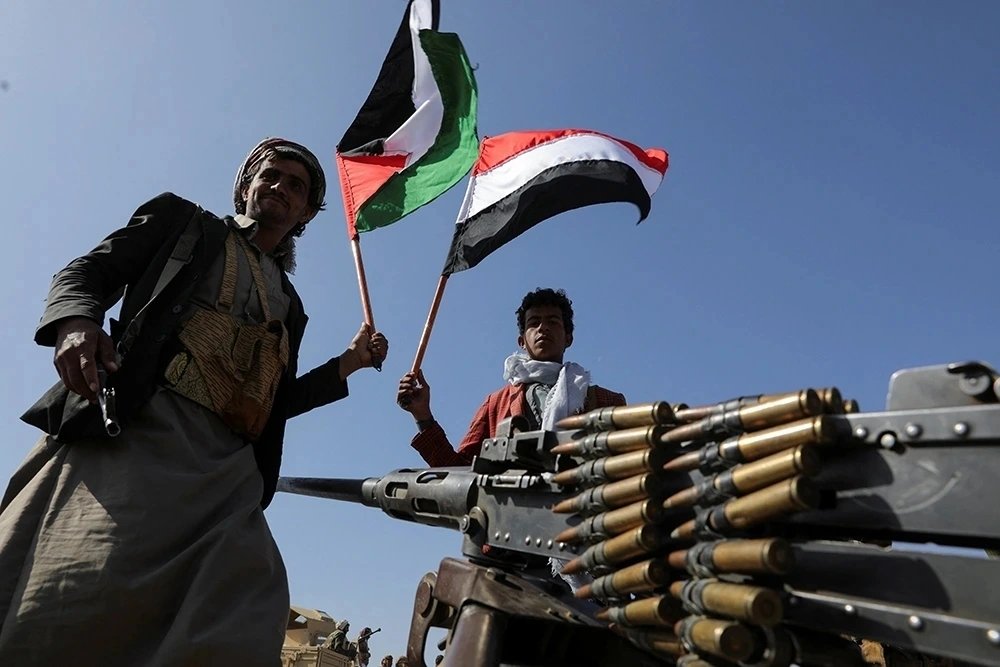
Since the beginning of the operation, the US military has targeted a broad range of Houthi assets, including weapons depots, command-and-control centers, missile launch sites, radar systems, and drone production facilities. According to Pentagon sources, over 800 Houthi targets have been struck, crippling much of the group’s offensive capabilities. The strikes have been conducted using a combination of air power, including F-18 fighter jets, naval missiles, and unmanned aerial systems, highlighting the US’s technological superiority and strategic reach.
## International Reactions
The announcement of the extensive strike campaign has elicited mixed reactions from the international community. Allies such as the United Kingdom, France, and Australia have expressed support, emphasizing the need to maintain freedom of navigation and uphold international law. Meanwhile, countries like Iran and Russia have condemned the US actions, accusing Washington of exacerbating tensions and undermining peace efforts in Yemen. Humanitarian organizations have also voiced concerns about the potential for increased civilian casualties and further destabilization of the region.
## The Houthis’ Response
Despite the heavy bombardment, the Houthis have remained defiant. Leaders of the movement have vowed to continue their resistance and have threatened to retaliate against US interests both in the region and beyond. In a series of statements broadcast on Houthi-run media, they portrayed the US strikes as an act of aggression that only strengthens their resolve. Analysts warn that the Houthis’ asymmetrical warfare capabilities make them a persistent threat, even in the face of overwhelming military force.
## Impact on the Yemen Conflict
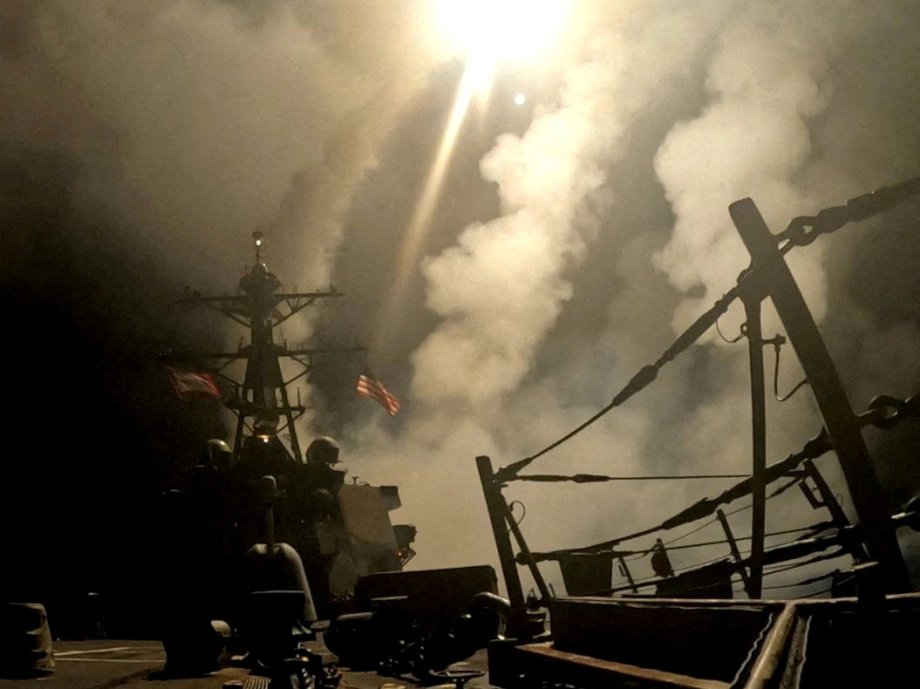
The strikes come at a critical time for Yemen, where years of war have created one of the world’s worst humanitarian crises. Millions of Yemenis are in urgent need of food, water, and medical care. Some fear that the intensified US military action could derail fragile peace talks and prolong the suffering of the civilian population. Others argue that degrading the Houthis’ military capabilities is a necessary step toward creating conditions conducive to a negotiated settlement. Either way, the humanitarian situation remains dire, and international aid agencies are calling for restraint and renewed diplomatic efforts.
## Strategic Objectives of the US
The Biden administration has framed the strikes as a defensive and limited operation aimed at protecting vital international waterways and preventing further Houthi attacks. Officials have stressed that the campaign is not an open-ended military intervention but a calibrated response to specific threats. Nevertheless, critics argue that without a clear long-term strategy, the US risks becoming entangled in yet another protracted Middle Eastern conflict with uncertain outcomes.
## Broader Regional Implications
The US strikes on Houthi targets have significant implications for the broader Middle East. The operation sends a clear message to Iran and other adversaries that the US is willing to use force to defend its interests and allies. It also underscores the strategic importance of the Red Sea and surrounding waterways for global trade and energy supplies. However, the escalation risks igniting wider regional conflicts, particularly if Iranian-backed militias in Iraq, Syria, or Lebanon decide to retaliate against US forces or allies.
## Congressional Oversight and Domestic Debate
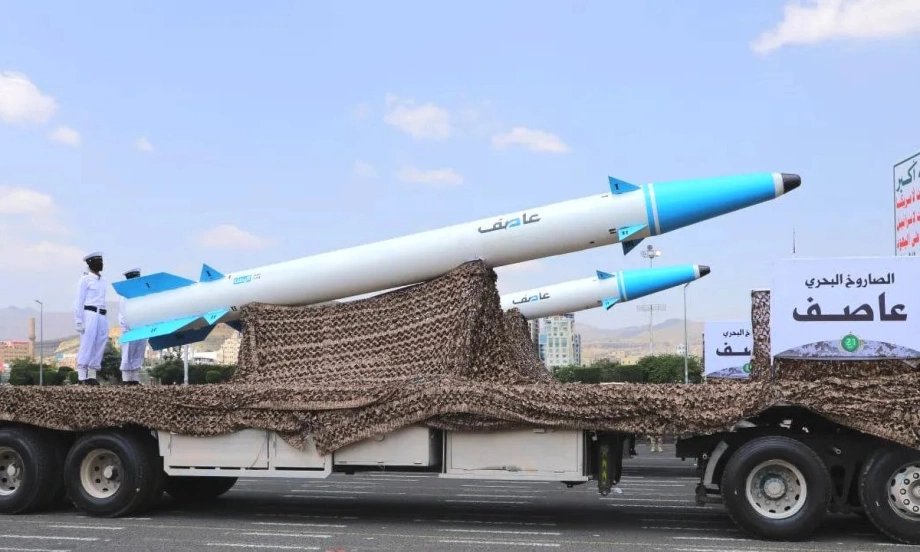
Back home, the strikes have reignited debates in Congress over the president’s authority to engage in military actions without explicit congressional approval. Some lawmakers have called for greater oversight and transparency, arguing that the Constitution grants Congress the sole power to declare war. Others have supported the administration’s actions, emphasizing the need for swift and decisive responses to emerging threats. The debate reflects broader tensions over the role of the US military in the Middle East and the balance of power between the executive and legislative branches.
## Potential for Escalation
While the US has sought to limit the scope of the strikes, there is an inherent risk of escalation. A single miscalculation or unintended civilian casualty could trigger a broader conflict, drawing in other regional players and complicating international efforts to stabilize Yemen. Military experts note that while airstrikes can degrade enemy capabilities, they rarely achieve lasting political solutions. Without a concurrent diplomatic strategy, the US risks fueling a cycle of violence that could have far-reaching consequences.
## The Role of Diplomacy
In parallel with military actions, US diplomats have been working behind the scenes to de-escalate tensions and revive peace talks between the Houthis and the Yemeni government. Special envoys from the US and the United Nations have engaged regional actors, including Saudi Arabia, Oman, and Iran, in efforts to broker a ceasefire. The success of these diplomatic initiatives will be crucial in determining whether the current military campaign leads to a more stable and peaceful Yemen or descends into further chaos.
## Humanitarian Concerns
Human rights organizations have sounded the alarm about the potential impact of the strikes on Yemen’s already devastated civilian population. They warn that military operations can disrupt humanitarian aid deliveries, damage critical infrastructure, and displace more families. The US has pledged to take precautions to minimize civilian harm, but in a conflict zone as complex as Yemen, ensuring the safety of non-combatants is an immense challenge. Continued humanitarian assistance and protection of civilians must remain top priorities for the international community.
## Media Coverage and Public Perception
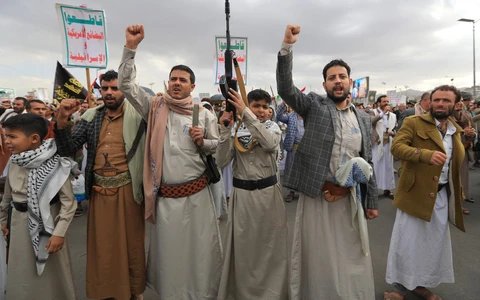
Media coverage of the US strikes has varied widely, reflecting differing political perspectives and regional biases. Western outlets have generally portrayed the campaign as a justified response to Houthi aggression, while media in Iran, Russia, and some parts of the Arab world have depicted it as imperial overreach. Public opinion in the US appears divided, with some citizens supporting the strikes as necessary for national security and others questioning their wisdom and potential consequences.
## Future Prospects
Looking ahead, much will depend on how the Houthis respond to the sustained US pressure. If the strikes succeed in significantly degrading the group’s military capabilities, it could open a window for renewed peace talks. Conversely, if the Houthis adapt and continue their attacks, the US may find itself drawn deeper into a conflict with no easy exit. The Biden administration faces the delicate task of balancing military action with diplomatic efforts, all while maintaining domestic and international support.
## Conclusion: A Defining Moment
The US announcement of strikes on over 800 Houthi targets in just over a month represents a defining moment in the ongoing conflict in Yemen and the broader Middle East. It reflects a willingness to use decisive force to protect vital interests but also highlights the complexity and risks inherent in military interventions. As events unfold, the world will be watching closely to see whether this show of strength leads to greater stability or sets the stage for further turmoil. Only time will tell whether the US strategy will achieve its stated goals or become yet another chapter in the long and troubled history of Middle Eastern conflicts.
